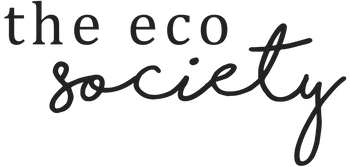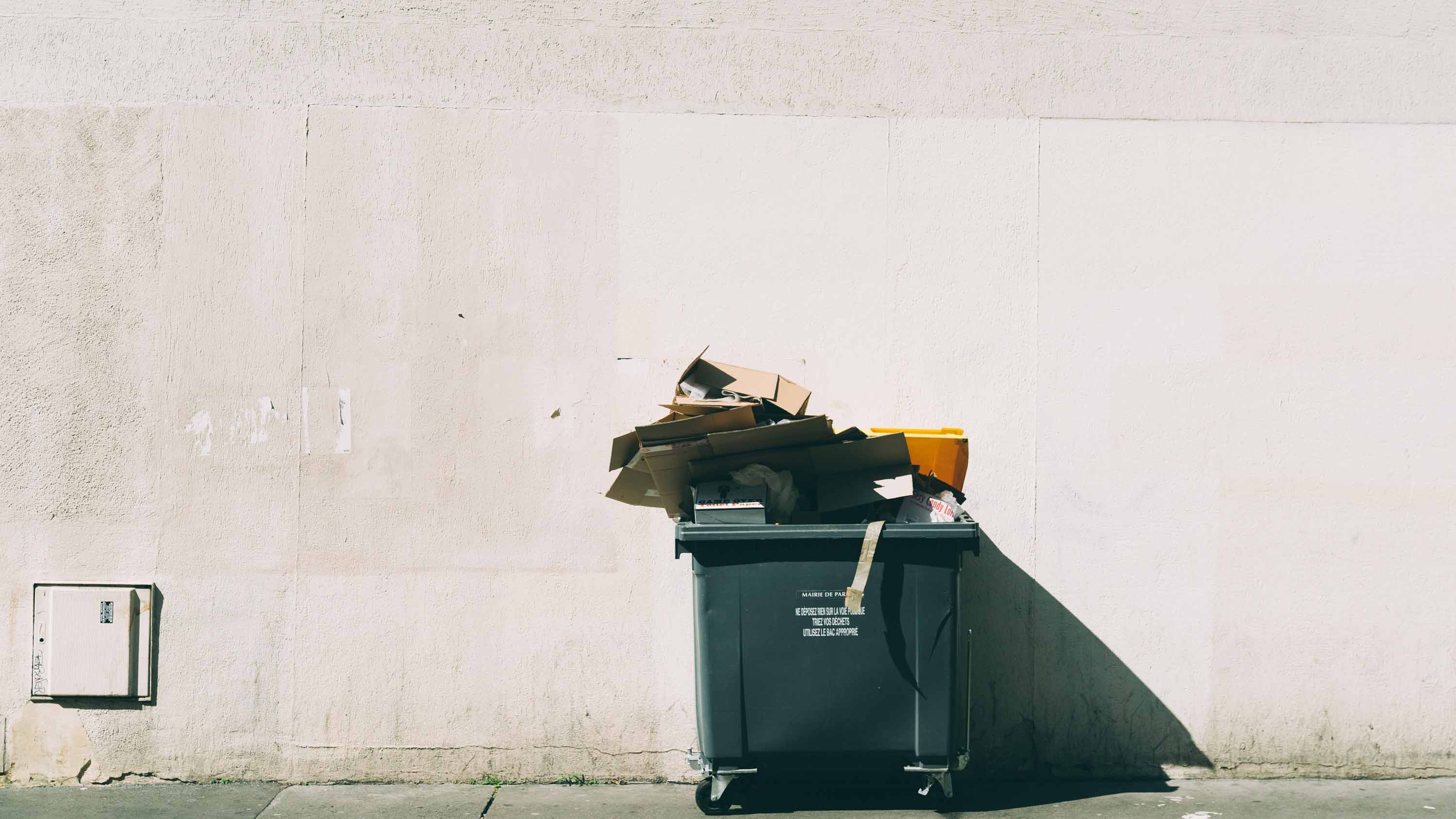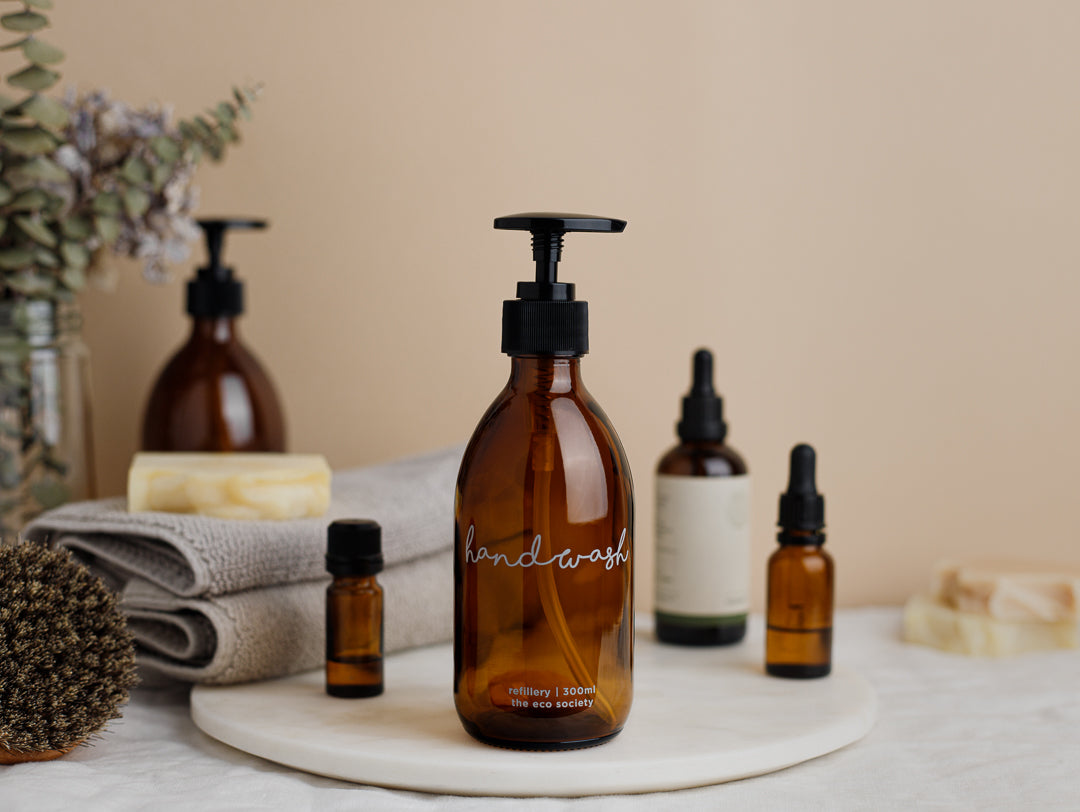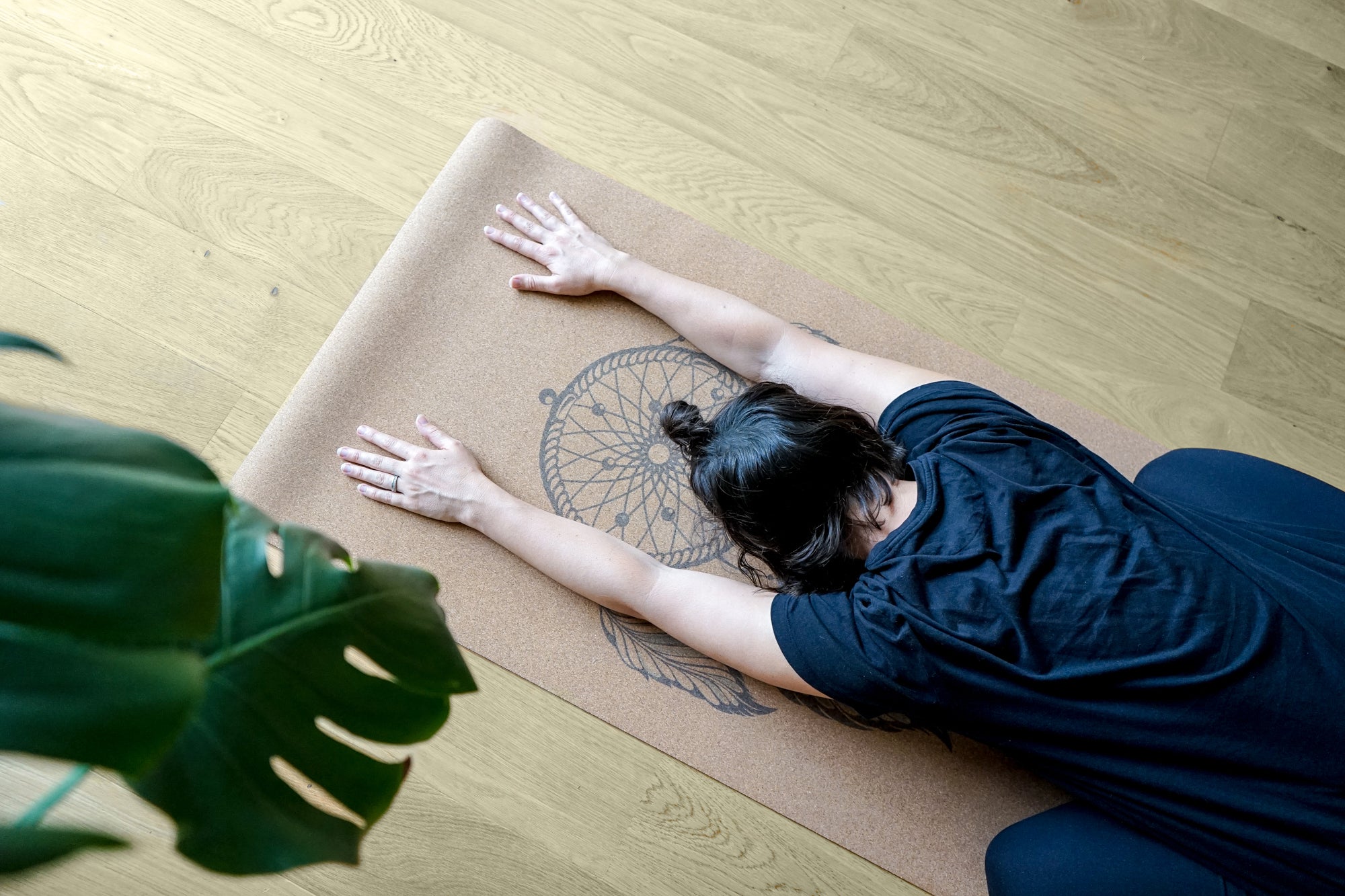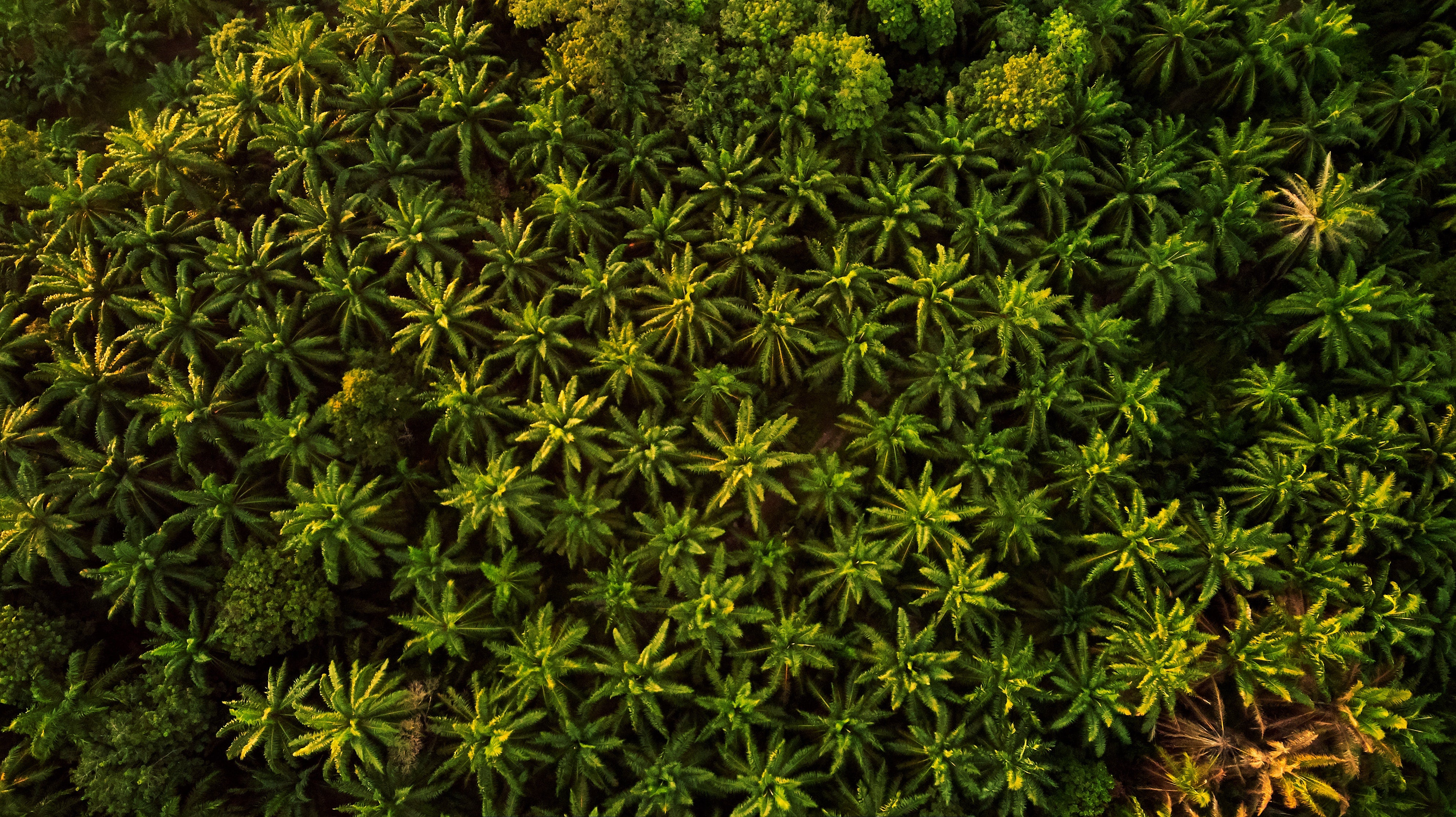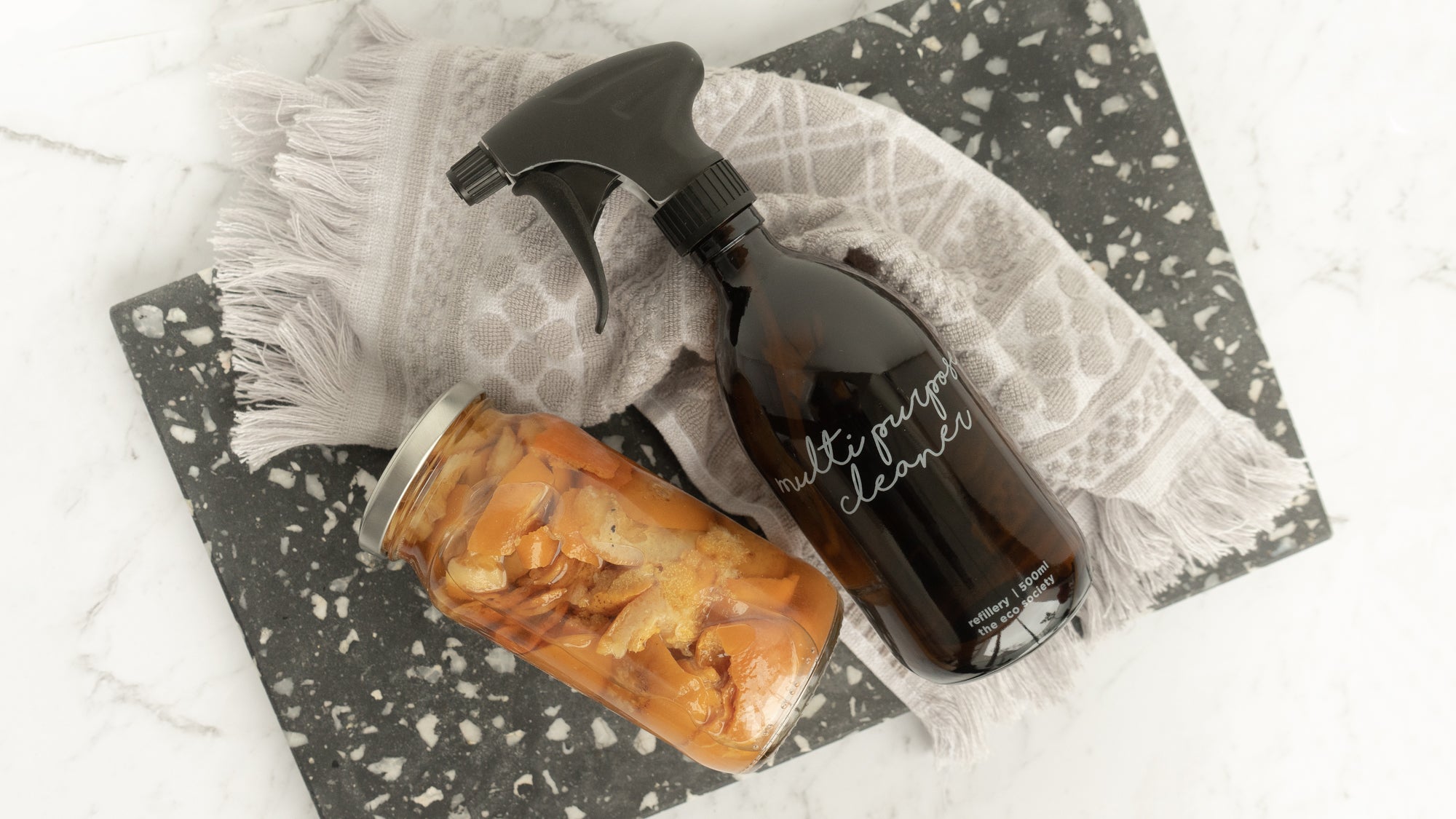A few months ago I did a blog post about why Recycling is NOT the solution we think it is, and why we need to rethink our recycling habits. This blog post is a follow up to that one, based on a recent experience I had around recycling. You may have seen this come up on our Instagram story, but it is something I want to share again and go more into depth on.
The world is in a recycling crisis, and many countries, including NZ, are scrambling for ideas on what to do with our recycling. I have, for some time now, had very little faith in our recycling system, and now that China is no longer accepting recycling from other countries, the problem with our waste system is starting to hit the headlines. My experience last weekend was a good example of why China made this call and how our failed system is the cause of this.
So, what happened that inspired me to write this post? Well, we were at a volunteering event which had organised a shared lunch for everyone as thanks for all their hard work. The event was great, and a great example of how volunteering can really make a positive impact on a community. During lunch, I noticed a stack of “bio cups” on the table next to the yummy homemade soup. Me being me, I checked out the details on the cup, there was nothing to say how to dispose of this so-called “bio cup” - there was no ‘commercially compostable’ information on it, just that it was made from paper and PLA (a plant-based plastic).
Recycling Station at Go Green Expo 2018
Now, the initial reaction of most people is that this is great – it says that it’s a “bio cup” and doesn’t include plastic, right!?. Unfortunately, the answer is no, and the term “bio cup” is extremely misleading. PLA, while not made from oil, is still a plastic, and like all disposable paper cups lined with plastic it is not recyclable, and as such should go to landfill. PLA plastics can biodegrade under the right conditions, however, landfills aren’t a conducive environment for them to biodegrade correctly. While it will most likely take less time to decompose in a landfill compared to oil-based plastics, it is still producing greenhouse gasses and contributing to climate change!
There were reusable plates and cups available, which is always the best option and what Simon and I used. As I sat at the table watching others eat and drink from the ‘bio cups’ I thought to myself, I wonder how many people know how to dispose of this correctly. Once everyone had gone and we were getting ready to leave I couldn’t help but take a peek in the recycling bin to see.
Inside were all the ‘bio cups’. I wasn’t surprised in all honesty – if I didn’t know better I would have done the same thing. I was a little surprised, however, to find that no one had cleaned their cups before putting them into the recycling bin. I realised that it wasn’t because these people didn’t care (in fact quite the opposite), it was because they didn’t know how to dispose of the cups correctly.
It was at this point that I realised that I needed to see what else people had put in the recycling bin. So, like a crazy person, I continued to rummage around, pulling out everything that was not recyclable. I found polystyrene cups, wet wipes, disposable plastic spoons and even food scraps. As I did this I talked (or was that lectured) to those still there about the issues with our recycling system and the common mistakes people made.
Me talking about the issues with our recycling system and the common mistakes people made.
First, I talked about the Bio Cups and other plant-based disposable products, and that while it’s great that they are not oil-based, they are not the solution. Based on my research, it seems that recycling facilities don’t know what to do with these bioproducts, so they end up in a landfill. You may remember from my previous post that non-recyclable products (such as bio-plastics) can contaminate a load of recycling, resulting in large quantities of recyclables ending up in a landfill. It should be noted that some bio-plastics can be commercially composted, but composting only occurs in the correct conditions, which aren’t found in landfills!
Then I went on to tell everyone how we suck at recycling, and that 90% of the contents in this bin were not recyclable – in fact out of a nearly full bin, only 4 items could be recycled. Another major issue was that a lot of it was dirty and hadn’t been properly rinsed of food waste, but most shocking of all, people had put food scraps in the recycling! And this is the issue, the wrong items are constantly being put in our recycling bins, and even if the item is recyclable, they are often dirty with mouldy food meaning that it can’t be recycled.
This is a prime example of why we all need to be re-educated on the matter to ensure we are recycling effectively. But first, we need a better system because our current system is clearly not working. It is hard to clearly identify what is and isn’t recyclable, there is no consistency - each facility/council recycle differently and there is no clear indication of what can be recycled in New Zealand. Items like bio cups need to be clearly labelled as not recyclable, and where items can be commercially composted, this needs to be spelt out. We have a right to know what products can and can’t be recycled, to enable us to make informed decisions that benefit the environment.

So, what can we do? Recently Niamh Peren started a Petition asking that the Government introduce a new simple and compulsory labelling system on all food and drink products so that we can all quickly and easily know the recyclability of the packaging.
The idea is simple, Niamh proposes that all food and drink packaging be labelled with the below options. You as the consumer can then easily identify if it is recyclable in NZ, made from recycled material or not recyclable in NZ.

Niamh talks about how many feel a bit helpless about the current waste crisis and wish they could do more to positively contribute. Hopefully, this system can empower us as the consumer to make better and wiser choices for our beautiful country. The Eco Society has already signed the petition and you can too by clicking here. For the full description check out this page.
Something needs to change in order for us to protect our beautiful planet, and a great place to start is through fixing our failed systems and by educating and empowering people to make better choices.
